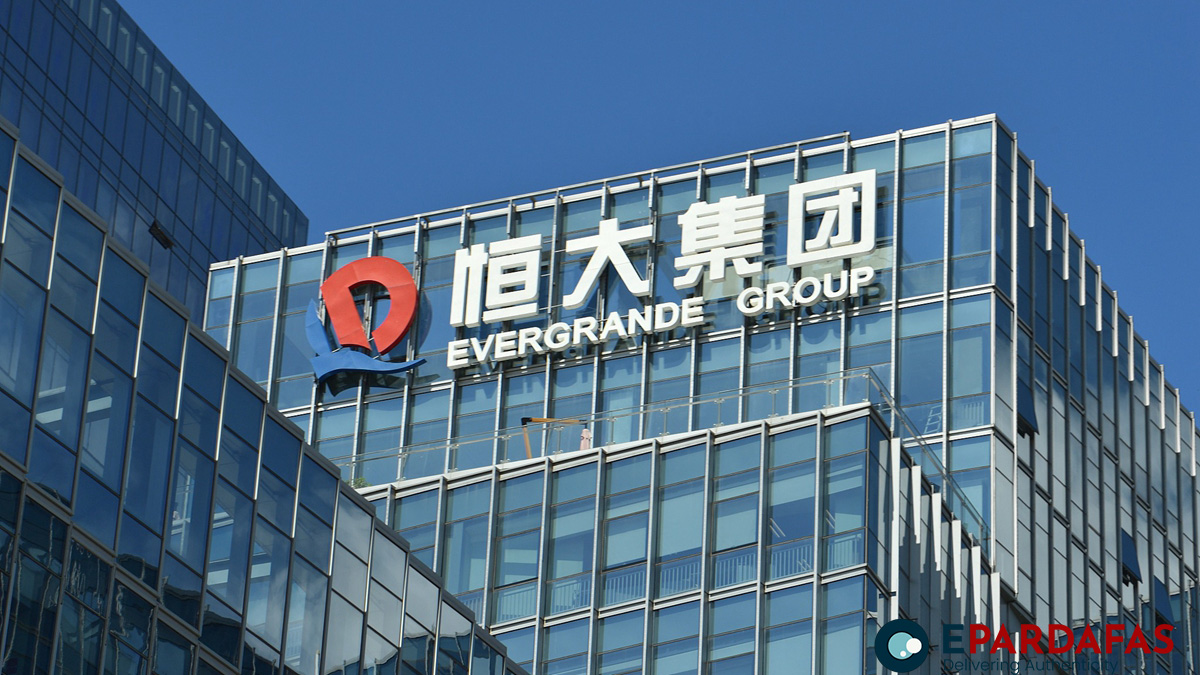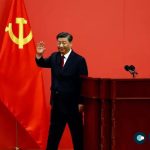
China Evergrande Group Seeks U.S. Bankruptcy Protection Amid Economic Uncertainty
The embattled Chinese developer, China Evergrande Group (3333.HK), has taken a momentous step by filing for bankruptcy protection in a U.S. court, initiating one of the most extensive debts restructuring efforts globally. This move comes against the backdrop of escalating concerns over China’s deepening property crisis and a fragile economic landscape.
Once a prominent force as China’s top-selling developer, Evergrande has now become the symbol of the country’s unprecedented debt turmoil within the real estate sector. Accounting for approximately a quarter of China’s economy, this sector’s mounting challenges have put the spotlight on Evergrande, particularly after it encountered a liquidity crunch in mid-2021.
Evergrande’s filing for protection falls under Chapter 15 of the U.S. bankruptcy code, a measure designed to shield non-U.S. companies undergoing restructurings from legal actions by creditors seeking to sue them or seize their assets within the United States.
Though procedural in nature, this action is significant for the world’s most heavily indebted property developer, with liabilities exceeding $300 billion. The filing is a requisite part of the restructuring process under U.S. law, as confirmed by sources familiar with the matter, who spoke on condition of anonymity due to the sensitive nature of the situation.
Evergrande has chosen not to provide any comments at this time.
The comprehensive offshore debt restructuring undertaken by Evergrande encompasses a staggering $31.7 billion, encompassing bonds, collateral, and repurchase obligations. Scheduled for later this month, the company plans to engage with its creditors to discuss its proposed restructuring framework.
The property market crisis has unleashed a series of defaults by Chinese property developers on their offshore debt obligations, resulting in incomplete homes, plummeting sales, and a severe dent in investor confidence. These events have rippled through China’s economy, exacerbating existing challenges such as sluggish domestic consumption, a decline in factory activity, rising unemployment, and tepid overseas demand.
As these issues unfold, China’s property investment, home sales, and new construction have all faced contraction for over a year. This concerning trend has led major global brokerages, including Morgan Stanley, to revise China’s growth forecast for the year, with a downgraded projection of 4.7% GDP growth.
China has set a target of 5% annual growth for this year, but mounting concerns from economists suggest this goal could remain elusive without robust support measures from the government.
The ramifications of China’s economic and property woes have reverberated through global markets, manifesting as losses in Asian shares and the declining performance of various indices. The uncertainty surrounding the property sector and the absence of concrete stimulus measures have cast a shadow over investor sentiment.
China is poised to implement lending benchmarks adjustments, with an anticipated focus on reducing the mortgage reference rate, in a bid to reinvigorate credit demand and stabilize the ailing property sector.
The central bank has also reiterated its commitment to adapting and optimizing property policies in response to the ongoing property market crisis. Since the tumultuous events of mid-2021, during which Evergrande played a central role, nearly 40% of Chinese home sales have faced default issues, predominantly involving private property developers.
As the situation continues to unfold, stakeholders anxiously await developments in the Evergrande saga and its implications for China’s broader economic landscape.














Comments